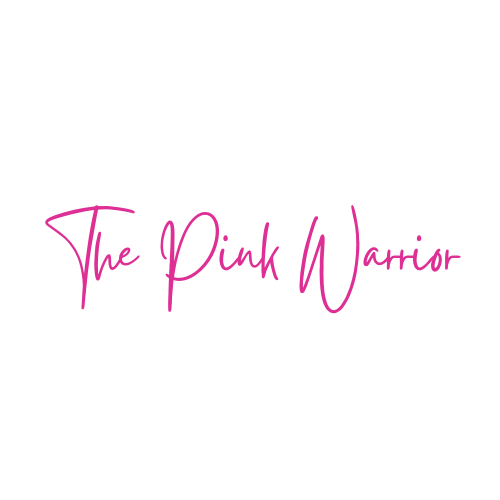When faced with a breast cancer diagnosis, one of the most delicate situations to navigate is discussing it with young children. The innocence and limited comprehension abilities of kids, especially those between infancy and age 10, make it a challenging task. However, with sensitivity, age-appropriate explanations, and some valuable resources, you can support your child through this complex time.
**1. Understand Their Perception**
Children, based on their age, have varied understandings of illness. Very young children may not understand the concept of illness, while those closer to 10 might have a more developed but still simplistic view. Recognize where your child stands and tailor your discussion accordingly.
**2. Choose a Familiar Environment**
Find a space where your child feels most at ease – maybe their playroom, or by their bedside during bedtime stories. It’s vital that they feel safe and secure during the conversation.
**3. Use Simple and Honest Language**
For kids, straightforward language works best. You might say, "Mommy is sick and the doctors are helping her get better." Be honest about your situation but avoid overwhelming details.
**4. Reinforce Reassurances**
Children may worry that they caused the illness or could catch it. Consistently reassure them that this is not the case. Make sure they know that they will be cared for, no matter what.
**5. Introduce Supportive Tools and Resources**
There are several child-friendly tools and resources designed to explain cancer:
- **Books**:
- **"Nowhere Hair" by Sue Glader**: This book addresses a child’s fear and curiosity about a mother's hair loss due to chemotherapy in a gentle way.
- **"Mum's Jumper" by Jayde Perkin**: A touching story about a young girl navigating the loss of her mother to cancer, exploring grief and healing.
- **Organizations**:
- **KidsCope**: This non-profit offers a comic book that helps children understand cancer and its treatment. Link
- **American Cancer Society**: They provide resources and support for families dealing with cancer, including guidance on talking to children. Link
- **Toys**:
- **Chemo Duck**: A stuffed toy designed to help children understand chemotherapy, providing comfort and education. Link
**6. Address Changes in Routine**
If there will be changes in their daily routines or living situations, such as staying with a relative while you undergo treatment, let them know. Consistency and routine are essential for kids, so preparing them for changes can help ease transitions.
**7. Encourage Expression**
Children may not always verbally communicate their feelings. Encourage them to express themselves through drawings, play, or stories. This can give you insights into their emotions and understanding of the situation.
**8. Be Prepared for Repeated Questions**
Young kids may ask the same questions multiple times as they try to grasp the situation. Be patient and consistently answer their inquiries.
**9. Seek External Support**
Consider counseling or support groups for children who have a parent with cancer. Therapists specializing in child counseling can provide coping techniques and strategies.
In conclusion, discussing a breast cancer diagnosis with young children requires a blend of compassion, patience, and age-appropriate communication. By using the right tools and resources, parents can make this daunting task a little more manageable, ensuring their children feel supported and understood during the journey.

